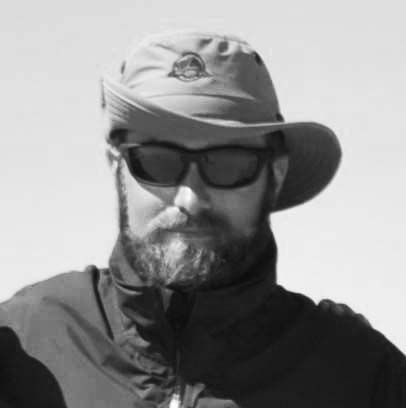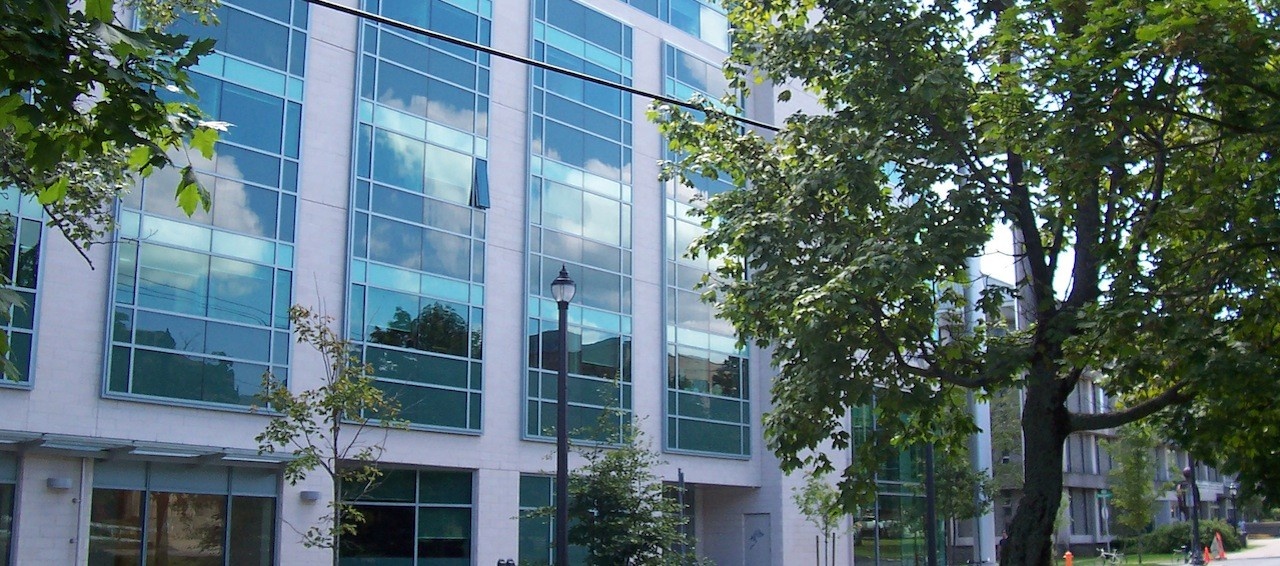Daniel DeLong
 |
Program:Graduated from MREM in May 2018 Educationa l background:Bachelor of Arts, Mount Allison University Current position:Education & Outreach Manager, Cape Jourimain Nature Centre |
Background & education:
I grew up in Lower Coverdale, New Brunswick, and attended Riverview High School, where I first became interested in environmental work. In 2011, I presented a proposal for the development of a nature park in my home community which resulted in me winning the New Brunswick Environmental Leadership Award for my age group. In 2012, I started my academic career at Mount Allison University, pursuing a Bachelor of Arts in Geography. During this time, I explored a number of topics, the most significant of which involved a case study looking at environmental assessment on the Little Bouctouche River, which led to my first publication in the Journal of New Brunswick Studies.
In 2016, I was accepted into the Master of Resource and Environmental Management program at HÂþ» University, where I took a particular interest in greenspaces and ecosystem management, publishing my second paper on the genesis of the Mill Creek Nature Park. In the summer of 2017, I served as an ecosystem monitoring intern with Parks Canada on Sable Island, which inspired my final project investigating the impacts of tourism on the ecological integrity of the park. I graduated with my MREM in May 2018.
How did you get to your current position?
The Cape Jourimain Nature Centre, which sits on a 621-hectare National Wildlife Area in New Brunswick, is home to an extensive exhibit hall detailing the natural and cultural history of the region and offering educational programs and opportunities for visitors. The Centre was looking for a candidate to fill the position of Education and Outreach Manager, with the goal of revitalizing its interpretive offerings, developing new educational material based on contemporary environmental topics and developing an effective outreach strategy. My prior professional and academic experience with nature-based tourism, ecosystem research and environmental management, in addition to my passion for history and local knowledge, made me an ideal candidate, and I was hired a few weeks prior to my MREM graduation.
What skills did Dal help you develop?
During my undergraduate program at Mount Allison University, I gained a basic understanding of environmental issues and developed many core professional skills such as effective writing, public speaking and critical-thinking. However, it was my time at HÂþ» University when I really had the opportunity to bridge the academic and professional world, engaging in a number of community projects where I was able to utilize the knowledge and skills I had developed in the classroom. Two examples include creating a stakeholder engagement strategy for coastal protection in Nova Scotia and developing a public seminar on Halifax’s urban forest.
The MREM program provided the opportunity to further augment the skills I had acquired during my undergraduate studies and to delve more deeply into specific topics of interest. In addition, the program helped to further develop crucial soft-skills, such as networking and team-work, which have been key for making a success of my current position.
What’s your next big career goal?
For now, I intend to continue in my current position as Education and Outreach Manager at Cape Jourimain. I’m interested in a variety of opportunities in my field but am particularly keen on pursuing a managerial position with Parks Canada. In addition, one of my personal goals is to spend a bit of time, in some capacity, working in the Canadian Arctic.
How was your experience in the MREM internship program?
My MREM internship, which saw me work as an ecosystem monitoring intern on Sable Island, was a truly a life-changing experience. I had the privilege of working for Parks Canada prior to this and had a great appreciation for its organizational mandate and operational philosophies. Living on Sable Island for three months was unlike anything I had experienced before and was absolutely awe-inspiring. My position provided me with the opportunity to engage in projects such as water monitoring, species identification and ecosystem surveys. Not only did the internship inform the topic for my final project, but it also provided me with a hands-on learning opportunity to practice and enhance the skills I had learned in the classroom.
Any advice for future MREM students?
Don’t limit yourself, take diverse courses and get outside your comfort zone. The knowledge you gather and the lessons you learn will enhance your skillset and make you more competitive when applying for positions. This is an opportunity to really hone your skills and experiment with different concepts and research tactics under the guidance of professors who have an array of background experiences and professional knowledge. In addition, make an effort to base your projects around researching or resolving real-world issues; this will better prepare you for engaging in the workforce and may lead to unforeseen career or networking opportunities.
Last words:
My ultimate objective is to make a positive difference in the world and to help, in some small way, to preserve our planet’s natural environment for future generations. My time at HÂþ» University was a key step in this journey, providing me with the skills, knowledge and connections necessary to help make my career goals a reality. Â
